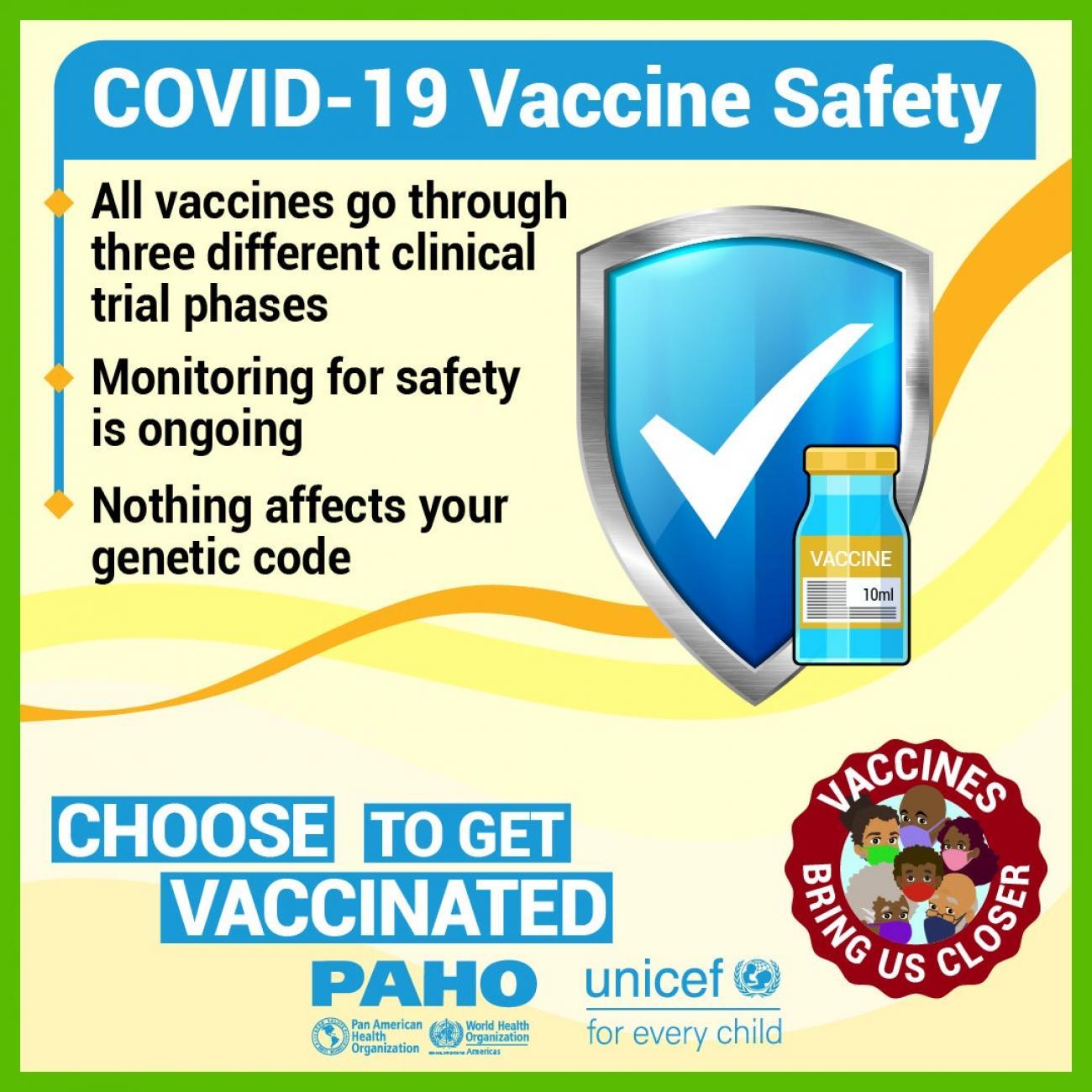This month, the Jamaican Economic Panel (JEP) members mulled over questions about vaccine hesitancy.
With new variants of COVID-19 on the rise, the best way out of the pandemic is to encourage further vaccinations.
Unfortunately, in those countries from which comparable data is available (via Morning Consult), a substantial portion of the population continues to oppose taking the vaccine. If this continues to be the case, it will be challenging to achieve herd immunity – the key, experts believe, to beating the pandemic.
The JEP panelists acknowledge that much of vaccine hesitancy is related, in large part, to a lack of health knowledge or mistaken beliefs about the risks of the COVID-19 disease and vaccination. To this end, the JEP wholeheartedly endorses government information campaigns that focus on low-information households. The panelists identify misinformation as the second important driver of vaccine hesitancy. They feel that malevolent players actively spread lies that lead to misinformed people choosing not to get vaccinated. It remains to be seen whether misinformed people are as easily convinced as the uninformed.
To address the issue of vaccine hesitancy, in addition to information campaigns, the panelists also show substantial support for distinguishing health regulations between the vaccinated and the unvaccinated. The panelists note that a differentiated policy, such as different quarantine periods, should be instituted and communicated widely. There is strong support for motivating the unvaccinated to receive the vaccine, to reduce the risks of severe illness and, ultimately, any burden on the healthcare system.
While most respondents do not support a blanket measure making vaccination mandatory, some feel that such a measure could make sense for specific subpopulations. Most clearly, for healthcare workers and teachers (for as long as vaccines for children are not available). The panelists believe that one can reasonably balance the infringement on an individual’s right to choose, with the right of third persons to be protected. Naturally, any such measure needs to be legally sound and take into account medical exemptions.
The full results of this month’s discussion are available HERE.





